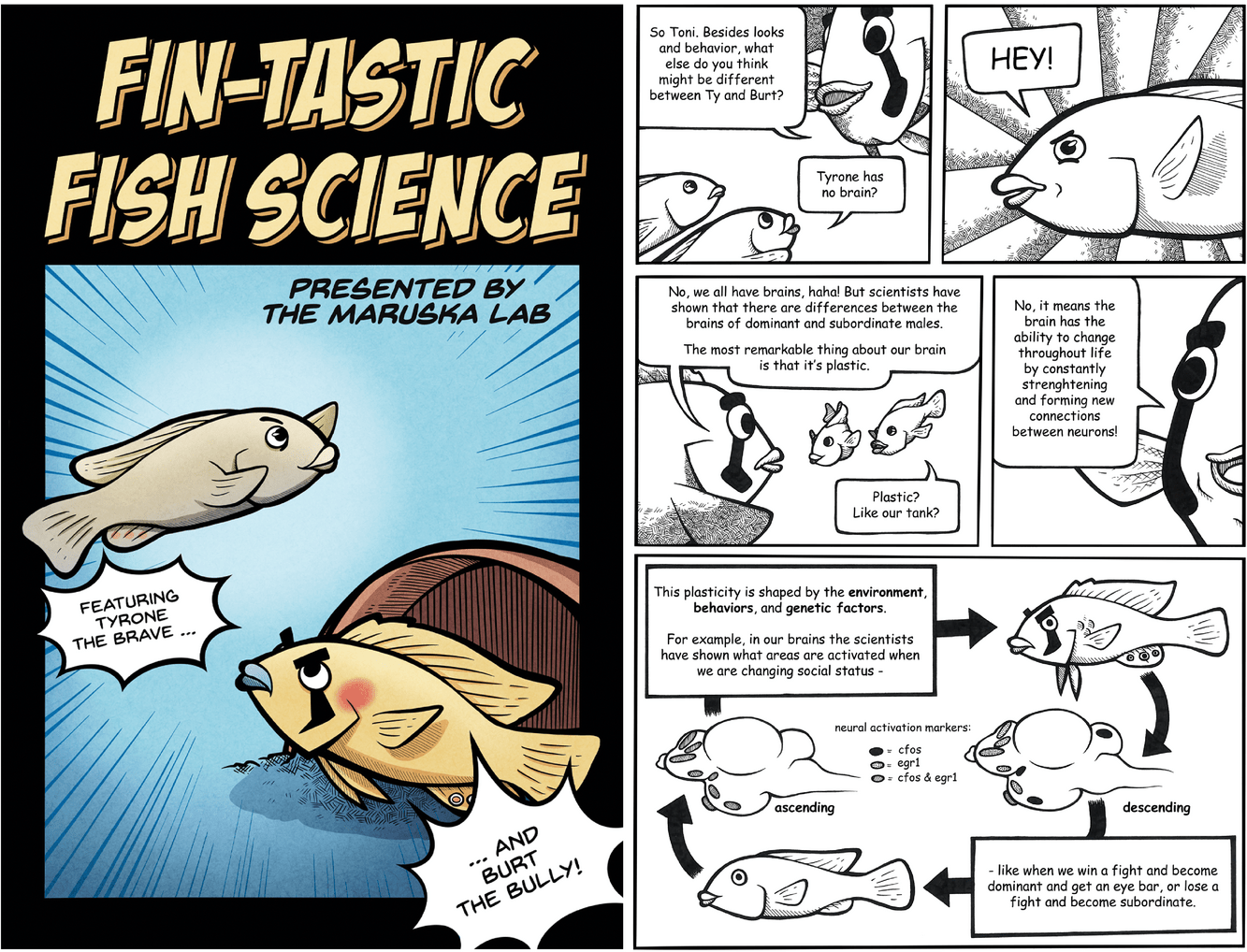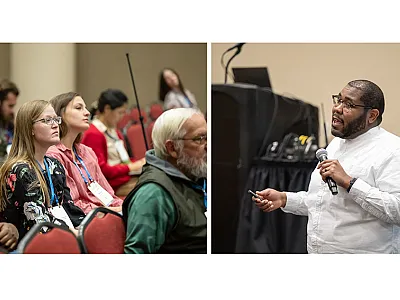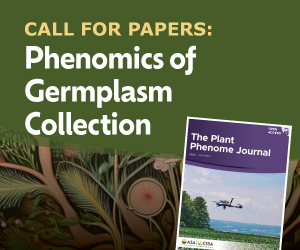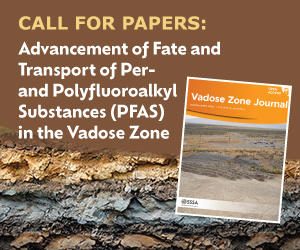Science Comic Positively Impacts Learning and Attitude

The need for good communication between scientists and the public is widely recognized. However, it is often difficult for researchers to simplify specialized scientific language and concepts for a general audience. The unique language of comics has the potential to visually portray abstract scientific concepts more easily than just words, but there is limited research on the efficacy of science comics as a form of communication and outreach.
To explore this question, researchers at Louisiana State University created a science comic, Fin‐tastic Fish Science, to measure understanding and science engagement attitudes. By using a pre‐ and post‐ reading questionnaire, researchers assessed how this science comic can affect student learning and attitudes towards engaging with science compared with more traditional written texts, a journal article, and a popular science summary. Students who read the comic had the highest learning gains, equivalent to reading a journal publication, and saw the most positive changes in attitude towards engagement with science.
These findings are important because if we want the public to support science, better communication tools than traditional texts are needed to increase positive attitudes and engagement. This study suggests comics may be a more effective tool for achieving this goal.
Adapted from
Wayne, C. R., Kaller, M. D., Wischusen, W. E., & Maruska, K. P. (2024). “Fin‐tastic Fish Science”: Using a comic book to disseminate and enhance science literacy. Natural Sciences Education, 53, e20135. https://doi.org/10.1002/nse2.20135
Text © . The authors. CC BY-NC-ND 4.0. Except where otherwise noted, images are subject to copyright. Any reuse without express permission from the copyright owner is prohibited.








